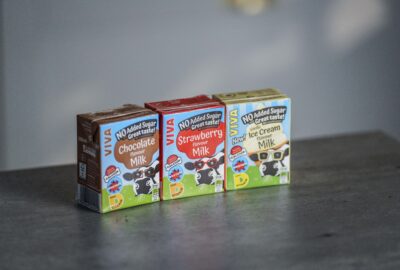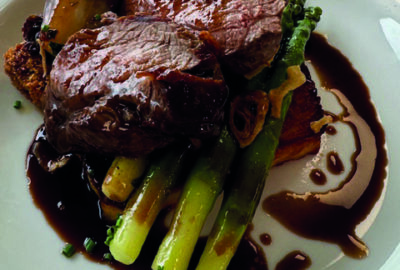November 1 is World Vegan Day and this year is the 24th anniversary of the annual global event. The public perception of vegans has changed significantly over the years and according to an Ipsos MORI poll commissioned by The Vegan Society in 2016, there are currently more than half a million vegans in the UK, representing an increase of over 350% in 10 years. But how vegan-friendly is the UK hospitality industry?
Veganism is a way of living which seeks to exclude, as far as is possible and practicable, all forms of exploitation of, and cruelty to, animals for food, clothing or any other purpose.
To coincide with the event, Holidu, the global search engine for holiday lettings, has announced the results of its recent research into the most vegan-friendly cities in the UK to find out which cities boast the greatest number of vegan-friendly restaurants and cafés in relation to the size of the population.
The top three
Manchester is not only home to an enviable music scene and fierce football rivalry, but has also proved to be the most vegan-friendly city in the UK, recently playing host to a number of events such as Vegan Life Live and the Northern Vegan Festival.
Close behind is the Scottish capital city of Edinburgh with its large student population and cosmopolitan flair. Here, vegans and nonvegans alike can choose from intriguing restaurant names such as Holy Cow, Pumpkin Brown and Paradise Palms, and even the traditional chippies are getting in on the act by offering vegan options.
At a glance, the most surprising member of the top three is Leicester which has established itself as a hotbed for vegan delicacies, due in part to the large Hindi, Sikh and Jain populations. However, Leicester actually has deep vegan roots being the hometown of Vegan Society founder Donald Watson.
Tweaking recipes to make them vegan-friendly
- If you make dairy-free pizza bases, they can be topped with vegetables and enjoyed by vegans with or without a Mozzarella-style cheese alternative
- Veganising a curry can be as easy as swapping meat, fish or paneer for chickpeas or lentils
- Cashew nuts can be used to add protein and flavour to stir-fried vegetables and rice noodles
- Dairy-free spread and soya milk can be used to make mashed potatoes creamy
- Vegetable soup can be served with a swirl of soya cream, or for an indulgent option, you can create one using coconut milk
- Garlic bread can be created using dairy-free spread or olive oil
- Dairy-free spread and other vegetable fats can be used in baking, and there are many foods that can replace eggs, including banana, jam, apple sauce and tofu
- Wraps stuffed with Mexican-style rice, beans and other vegetables are both filling and delicious
- Tofu is a good quality source of protein. If you are using the firm variety in a stir-fry, press out the water, and get it as dry as possible in order to achieve a golden crust. Think of it as a flavour sponge – marinating is a great approach. Silken tofu can be used to create creamy salad dressings, dips, puddings and pie fillings
- Coconut milk can be used to create an indulgent rice pudding
For more details about World Vegan Day events, visit vegansociety.com.


